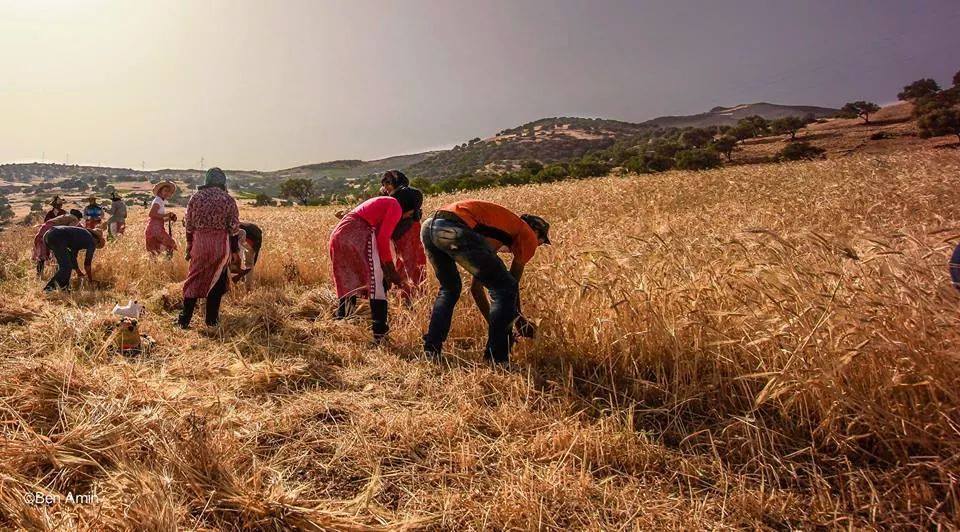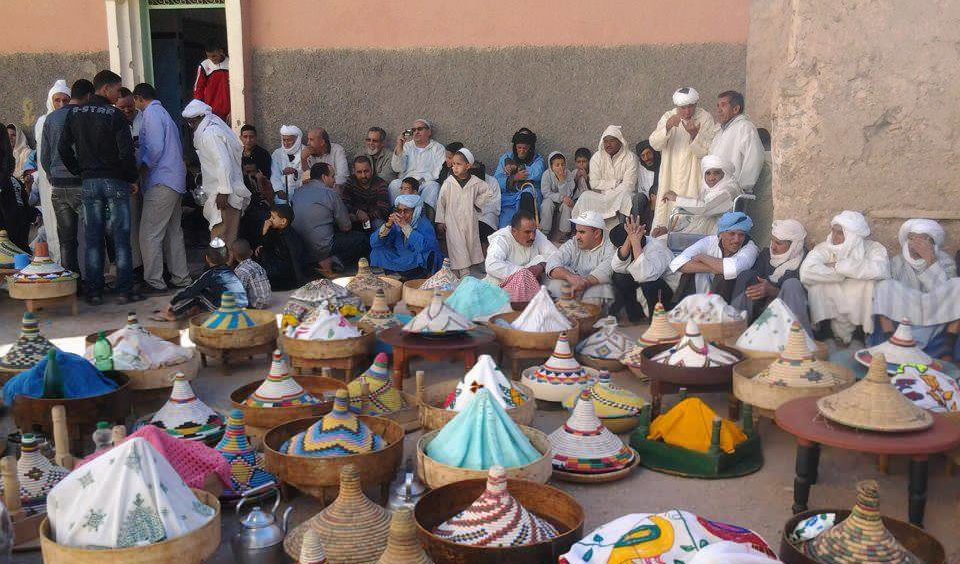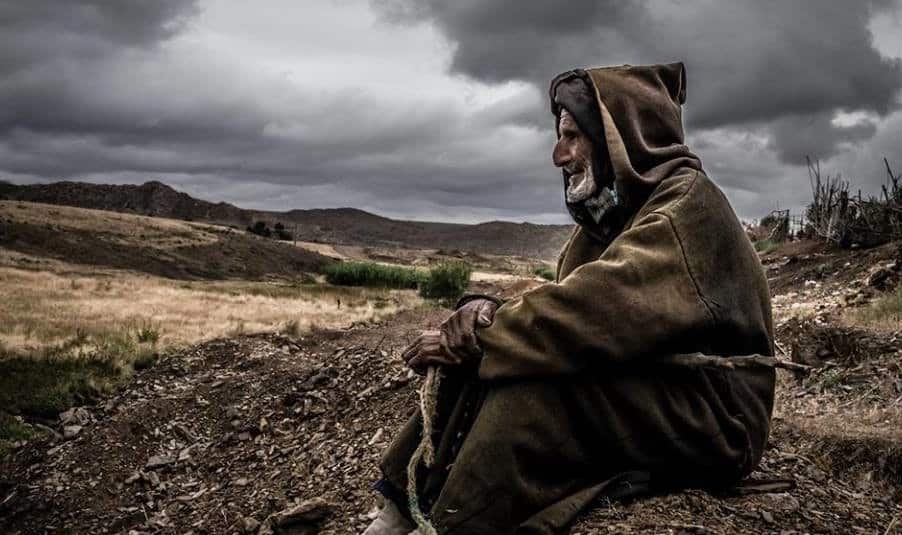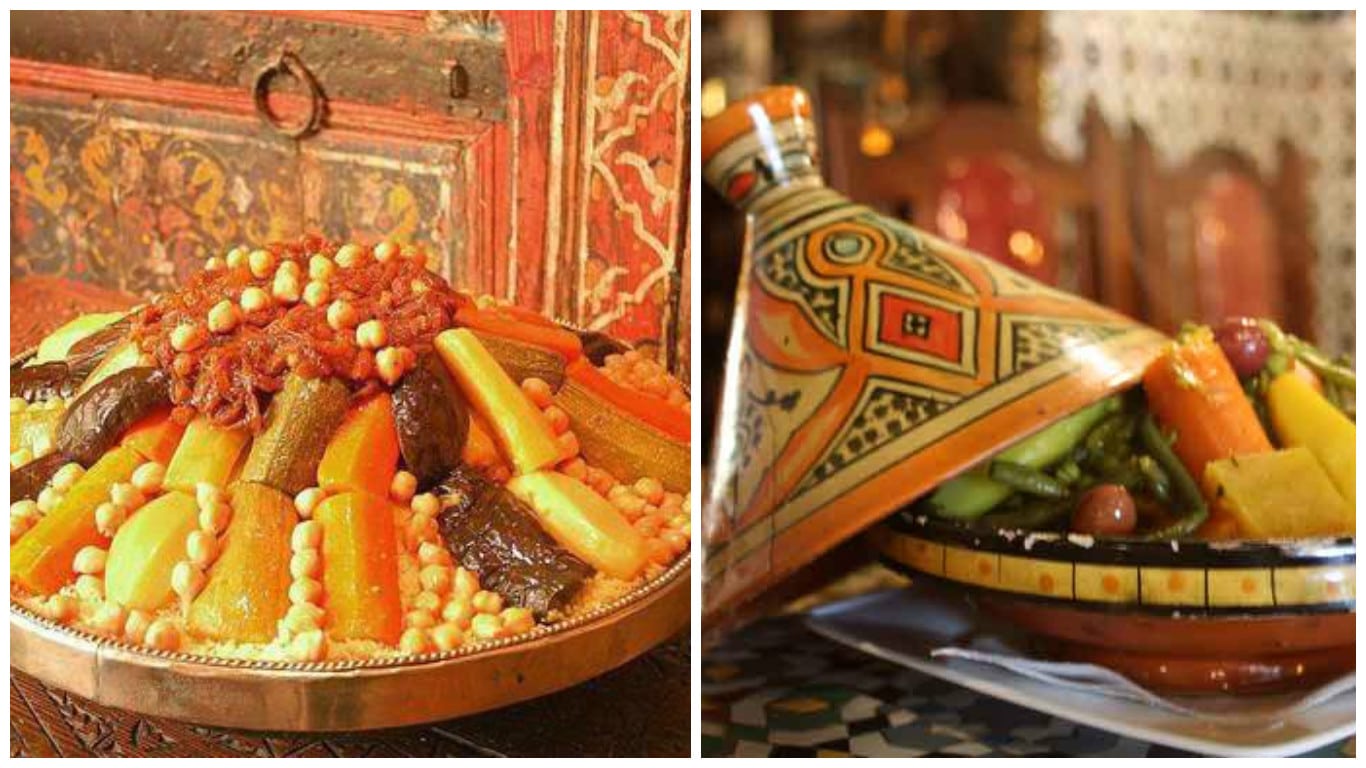By Ahmed Goughrabou
[dropcap]T[/dropcap]iwizi is voluntary work provided by a group of villagers to help a member of the village accomplish a task he or she cannot do alone. By means of Tiwizi, many peasants carry out some agricultural labors requiring important manpower such as olive picking and other harvests. Tiwizi is generally extended for individuals, but sometimes it is organized for the benefit of the community such as building mosques or maintaining roads, dams, or water works. We can consider Tiwizi as a Berber word and Twiza is an Arabic word borrowed from Amazigh language. We frequently find the names Tuwizi or Tiwizi in Igliwa, Goundafa, Imesfiwan, lhahan, Tazeroralt, Tiuzi in Ndhir, Tuiza in Seghrouchen, Warain, Metmata, and Taguzi in Zemmour. We know that the verbal form wiz in Zaouaoua derived from the same root, which means to help someone complete a task to which he is committed He is called iwizu or iuizi (pi. iwaziwen) and it means that the person is now a member of Tiwizi. M. Marcais compares Tuiza to Tawsa and considers these words as having the same origin. In the region of Kabylia in Algeria, tawsa is a custom practiced during the celebration of marriages and circumcisions. It is a tradition of both Berbers and Arabs when the guests entrust money to the hosts in order to help with the wedding celebration expenses.
We know that the verbal form wiz in Zaouaoua derived from the same root, which means to help someone complete a task to which he is committed He is called iwizu or iuizi (pi. iwaziwen) and it means that the person is now a member of Tiwizi. M. Marcais compares Tuiza to Tawsa and considers these words as having the same origin. In the region of Kabylia in Algeria, tawsa is a custom practiced during the celebration of marriages and circumcisions. It is a tradition of both Berbers and Arabs when the guests entrust money to the hosts in order to help with the wedding celebration expenses.
Tawsa generally takes place the day of the henne celebration. However, we remark that even though the custom exists in many Berber marriages, the word used for it nowadays is understood only by the Kabyles of the Djurdjura. Tawsa is derived from the verb aws, which means “to help”, is however found only in the Berber spoken by the Twaregs of the Ghat and Idaoughnidif of Anti-Atlas. There is a big difference between Tiwizi and tawsa. Tiwizi does not require anything in return whereas the beneficiary of Tawsa is obliged to give back to every’ one of his guests, at similar celebrations, a present of equal or superior value to that he received from them. This particularly explains why in Kabylia people often write down the value of what they received in Tawsa.
How is Tiwizi practiced?
Women are not excluded from Tiwizi. It is used to accomplish some works which are especially reserved for women, such as olive-picking. In Auf Baamarane, the women do the work of preparing the wool. Tiwizi generally does not exceed one day of work, except for wool related tasks in which it can last much longer. For agricultural labors, one day is sufficient because of the large number of persons who participate in Tiwizi. The work is done perfectly in Tiwizi. Generally, the Ait-Tiwizi arrange to finish the work in mid-afternoon (asser), so that they can spend the rest of the day playing games. In some areas, a group of women may sing and play (ahwash).
In another the men (irgazan) may compete in a shooting gallery using stones. All of these may take place amid songs and the you-yous (tiyratin) announce the end of Tiwizi. The workers are the guests of the person for whom tiwizi is organized. He is obliged to supply give them the main meal of the day, accompanied with tea, griddle-cake, olive oil, and dates. When everyone is done eating, the field owner thanks the helpers who in turn will say back to him: “May God give you back what you spend.”
So far only one kind of Tiwizi has been presented: That a voluntary work to help someone from the community. But, Tiwizi can also be “forced” by the on the village people. In such a case, it is an instrument of domination to the landlords and a form of servitude to the villagers. Tiwizi is then a case when the Berber peasant cultivates and harvests gratuitously the lands of his landlord, builds or repairs his castle.
For example, when a Kaid (tribal chief) in Southern Morocco wants to sow his fields, the Mokhazmi of the elders (pi. Imyaren ) of the tribe are sent to the villages to inform the people of the date and place of Tiwizi. On that day, the peasants stop their own work and go with their tools and animals to the field of their landlord, which may sometimes very far from their homes. Upon their arrival, they begin the task under the direction of a Khammas of a Mokhazmi who follows the landlord’s instructions.
Tawizi may be extended for four or five days until the work is finished. The workers are neither paid for their work nor they receive any meal from the landlord. Everyone has to bring with him his own food. In the evening, the peasants gather around a campfire in the field where they sleep near their animals. Nowadays this kind of Tawizi is becoming very unpopular and it is not practiced any longer except in a very few places.
[ads2]

















